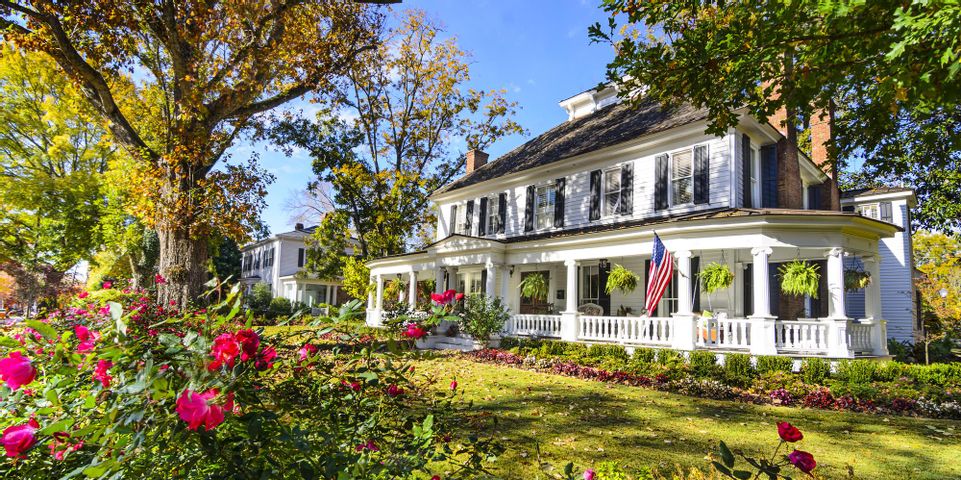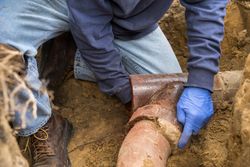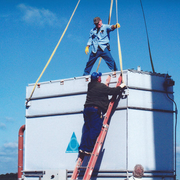
Many homeowners love the styles of older homes found in historic neighborhoods. However, some older homes need special attention, including their plumbing systems. While not every homeowner is a plumber, you can still take steps to protect your home and ensure good system performance. Utilize this guide to learn more about how you can keep your pipes in great condition.
A Guide to Plumbing in Older Homes
Common Problems
Clay, cast iron, galvanized steel, and copper are all materials commonly used for plumbing in older homes. However, metal pipes are vulnerable to corrosion. Cast-iron, for example, has a tendency to rust from the inside out, making it difficult to detect damage. Galvanized steel was developed to avoid this issue, but over time, water wears away the galvanized surface, leaving them rusted.
Clay is rarer and was mostly used for houses built in the 1800s. However, changing temperatures can cause these pipes to expand and contract, often causing them to crack open. They’re also very heavy, and the excess weight can break weaker points in the pipe’s bends and junctions.
 Other problems include clogging and pipe belly formation. Clogging is caused by years of use that deposits debris along the interior of piping. These particles can clump together and slow or stop the passage of water. A pipe belly occurs when settling houses buckle or bend a pipe, creating a spot that can trap debris, or forming a junction where water has to build up to flow over the dip.
Other problems include clogging and pipe belly formation. Clogging is caused by years of use that deposits debris along the interior of piping. These particles can clump together and slow or stop the passage of water. A pipe belly occurs when settling houses buckle or bend a pipe, creating a spot that can trap debris, or forming a junction where water has to build up to flow over the dip.
Tips for Maintenance & Upgrades
It may be necessary to upgrade and replace the pipes altogether to ensure good performance. This is especially vital if your pipes are made of a dangerous material, like lead, or if you’re having constant water pressure problems due to wear and tear.
Before you resort to a complete replacement, try the following:
- Snake the Drains: If you have a blocked pipe, it can be tempting to pick up a convenient bottle of chemical drain cleaner. However, these aren’t designed for older pipes, and continued use can corrode the inside, causing them to break down. Have your drains snaked by a professional plumber to clear out blockages.
- Look for Leaks: Leaks aren’t always obvious since they often start in concealed areas. Wet cabinets or countertops, dripping fixtures, and warped or spongey floors and walls are all signs of leaks. Call a plumber if you notice any of these indicators.
- Protect Your Pipes During Winter: Not only can cold weather freeze your pipes, but it can also freeze the liquid inside, causing further strain as the water expands from within. Try insulating your pipes as a basic precaution. Open cabinet and closet doors that conceal pipes to expose them to indoor heat to warm them up.
About the Business
(4 reviews)
Have a question? Ask the experts!
Send your question

